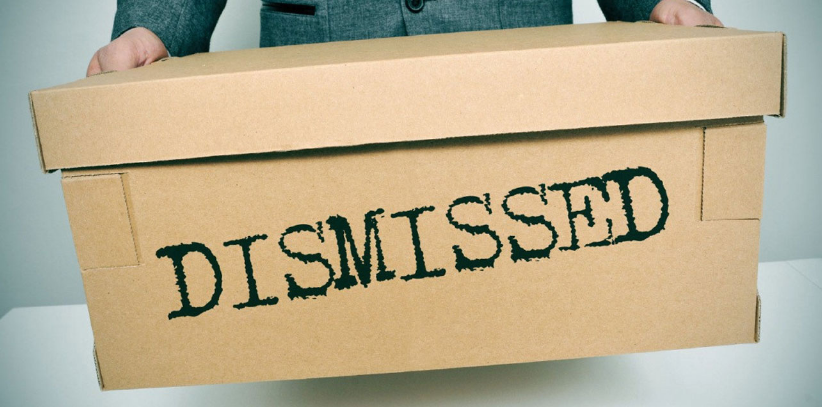Reading is a large, historic market town in Berkshire, South East England. It is situated in the Thames Valley at the confluence of the rivers Thames and Kennet. It is ranked the UK’s top economic area for economic success and wellbeing, according to factors such as employment, health, income and skills.

We have gathered data from across the borough and found the best solicitors for employment law, family law and conveyancing. We have done this by collating feedback from the local population of Reading who have direct experience with Reading solicitors as well as creating rigorous inspection criteria.
We have done the hard work, so you won’t have to. Further details including direct contact details for these Reading Solicitors are set out below:-
Employment Law Solicitors
DPH Legal
DPH Legal are a niche Employment Law practice based in Reading who act for both employers and individuals throughout the UK in relation to the full range of employment law issues. Their firm consists of seven qualified solicitors as well as support staff.
DPH legal specialists can offer their clients an exceptional level of legal services, knowledge and experience. They are committed to giving a higher level of legal expertise than is available in larger law firms with more visibility. The DPH legal team regularly counsels on settlement agreements and negotiates successfully increases in payments to executives and employees. Their firm affords free initial telephone consultation, fixed fee options and ‘no win no fee’ claims. Their head office is in Reading and they also have offices in Bristol, Oxford, High Wycombe and Swindon.
For more information visit their website here: www.dphlegal.com
Or contact: 0118 914 5622 or info@dphlegal.com
Family Lawyers
Leiper Gupta Family Lawyers
Rita Gupta is the Co-Founder and Director of LGFL Ltd. LGFL Ltd is known for their ability to accurately tailor advice and services to the needs of each individual client. Together with fellow Director Anne Leiper, they have built up one of the most dynamic family law firms in southern England
Rita deals with all areas of Family Law at LGFL. Her key areas include divorce, finances, cohabitation issues, children, and relationship planning. As a former member of the Law Society’s Children Law panel, she specialises in cases involving children and financial settlements where the interests of minor children are upmost.
For more information visit their website here: www.lgfamilylawyers.co.uk
Or contact: 0118 973 5521 or enquiries@lgfamilylawyers.co.uk
Conveyancing (Residential and Commercial)
HM Law Solicitors
HM Law Solicitors was set up in 1995 and act for individuals and small businesses in connection with Conveyancing/Property. They provide a one-to-one personal service from a fully qualified and experienced solicitor from start to finish. They will speak and write to you in clear plain English and will not bamboozle you with legal jargon; they want to make sure that you fully understand everything they tell you.
They focus on client care and giving a professional and friendly service. At HM Law Solicitors they strive to offer their clients the very best in expert legal services over the spectrum of residential and commercial conveyancing. Their highly-skilled team of solicitors and support staff are ready to work with you and offer you the very best guidance on all aspects of your legal matters. They guarantee that their charges are 100% fixed and that there will not be any hidden extras.
For more information visit their website here: www.hmlaw.co.uk Or contact: 0118 977 1718 or info@hmlaw.co.uk




